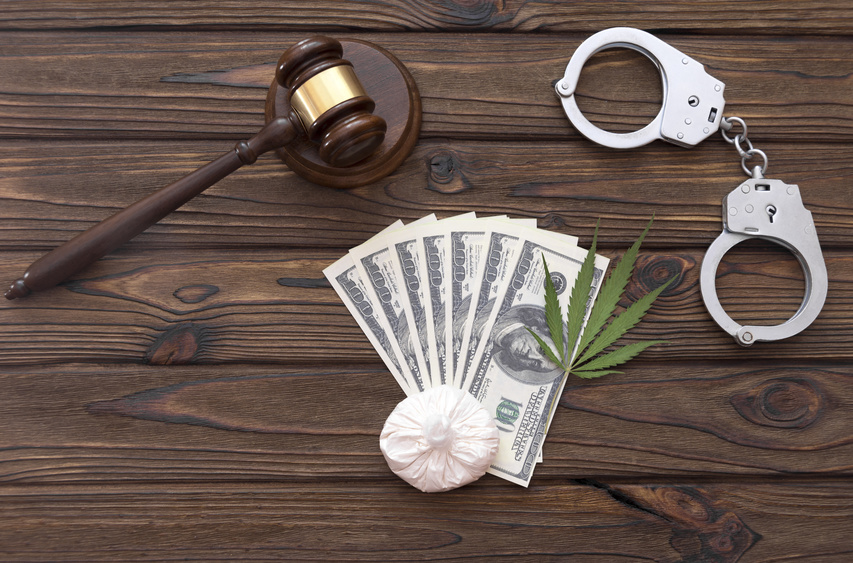
So much for a Canadian Rocky Mountain high! Although the United States and Canada may be involved in many joint endeavors, Americans rolling back from Canada may find border guards being more blunt than usual. With one more pun, this article will begin to weed through the details.
Even though Canada recently legalized the use of recreational cannabis, or marijuana, by adults 18 and older, it is illegal to bring it into the country. Those who attempt to bring cannabis, or “pot,” across the border to the United States from Canada may face serious criminal charges for having it in their possession.
Even though several states have now legalized it, cannabis remains illegal under U.S. federal law, which means it cannot be transported across any U.S. borders in any form. Anyone possessing cannabis at the border may be fined or arrested. The prohibition applies regardless of the amount of cannabis or whether an individual has been authorized by a doctor to use cannabis for medical purposes.
Additionally, individuals not in possession of marijuana when crossing the U.S. border may be asked by U.S. Customs and Border Protection (CBP) agents whether they have used cannabis, either recently or in the past. Admitting to prior use of cannabis also is punishable, due to the fact that it is a violation of federal law. If you have used cannabis, but you lie about it at the border, skeptical agents actually have the legal authority to ask you for your passwords and search your digital devices, such as smartphones, tablets and laptops, for evidence.
U.S. citizens cannot be denied entry to the United States for refusing to provide passwords or unlock devices, but refusing could lead to delays, lengthy questioning and/or agents seizing your device for further inspection, according to the American Civil Liberties Union (ACLU). For lawful permanent residents and non-citizen visa holders, refusing to cooperate could lead to denial of entry into the United States, the ACLU says.
Lawful permanent residents and non-citizen visa holders also are at risk of losing their legal U.S. residency or jeopardizing future applications for citizenship if they are caught with cannabis at the U.S. border, or even admitting to prior use.
CBP also can ask Canadians entering the United States whether they have ever used marijuana or other drugs, and if they say yes or refuse to answer, they actually can be barred from entering the United States for life.
Travelers also should be aware that it is illegal to take cannabis to Canada from the United States, even when transporting out of states where medical and/or recreational use is legal. Those who do so may be denied entry to Canada, arrested and prosecuted, according to the Canada Border Services Agency.
Canada’s cannabis law is strict, and individuals in Canada only may possess up to 30 grams of legal cannabis and have up to four plants per household for personal use.
The implications of violating federal law by attempting to (even accidently) bring cannabis over the U.S. border are serious. If you are a U.S. citizen, lawful permanent resident or non-citizen visa holder who has been accused of cannabis possession or use at a U.S. border, it is important that you contact an attorney to help you handle the matter.
Peter J. Pullano, Esq. is Managing Partner of Tully Rinckey PLLC’s Rochester, N.Y. office. Mr. Pullano has more than 30 years of experience in criminal law and has been recognized regionally for his work, including the 2016 Criminal Justice Act Award from the United States District Court for the Western District of New York.






